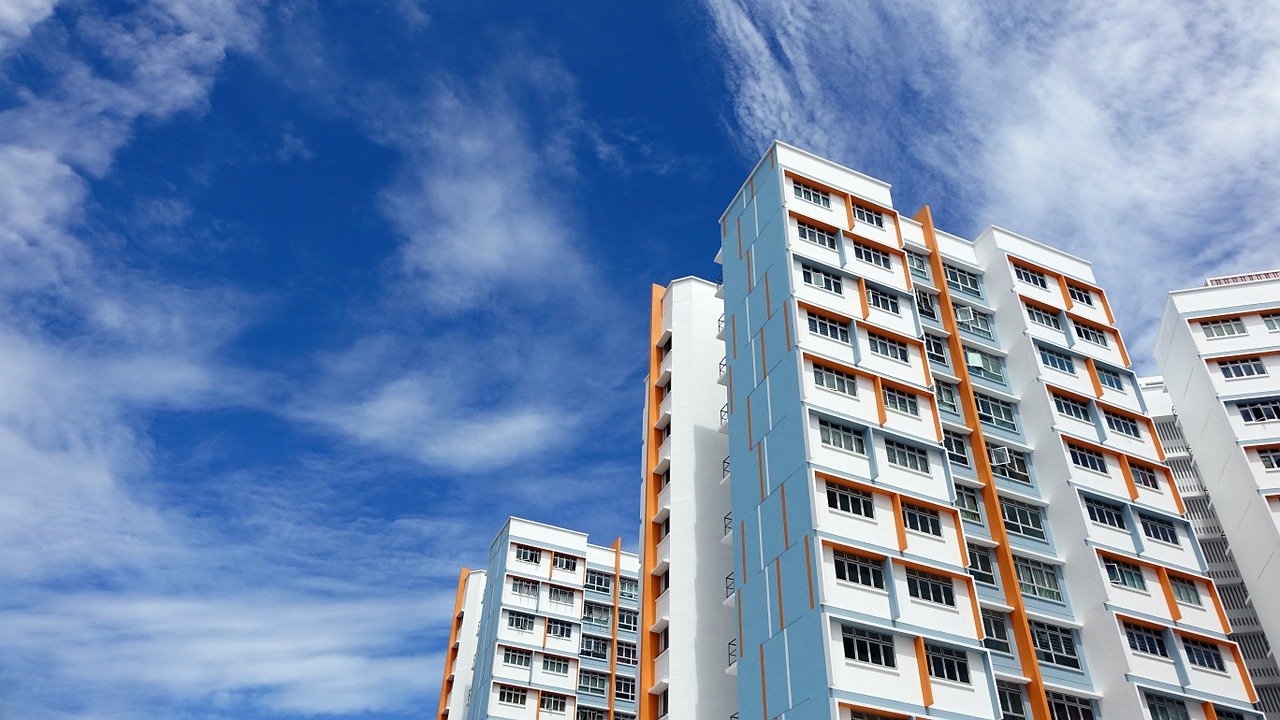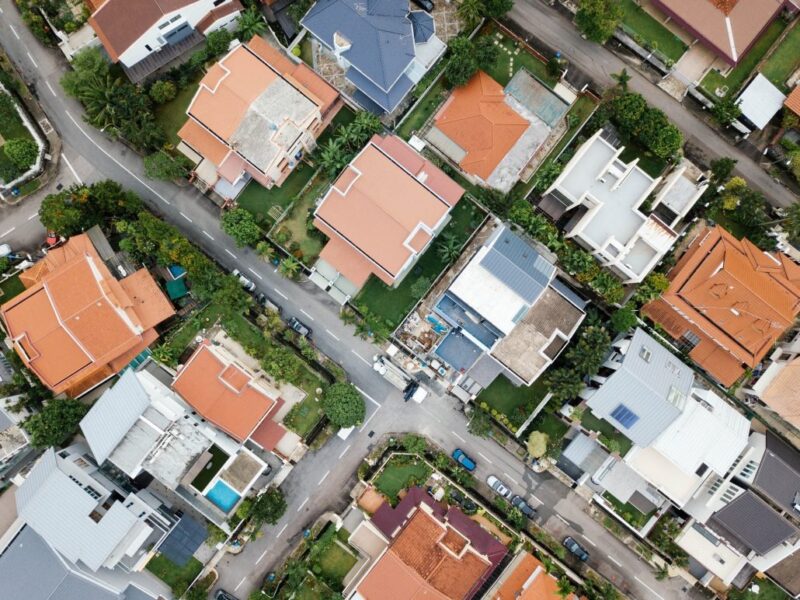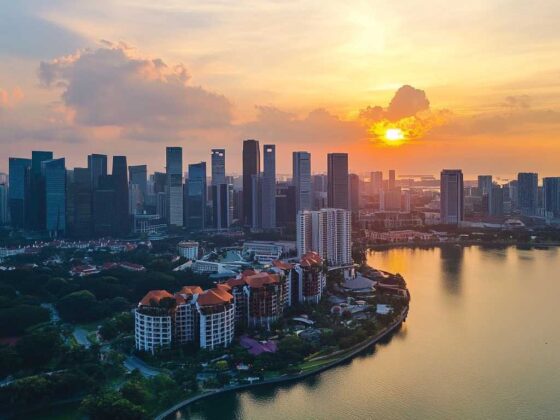International buyers have played a crucial role in maintaining the stability and appeal of Singapore’s real estate market. Known for its transparency, political stability, and efficient legal system, Singapore remains a top destination for global investors seeking secure property ownership and long-term growth potential.
1. The Global Appeal of a Stable Market

Thomson Modern reflects the confidence that foreign investors have in Singapore’s property sector. International buyers are drawn to the city’s economic resilience, clear regulations, and reputation as a global financial hub. These attributes create an environment of trust and predictability that appeals to high-net-worth individuals worldwide.
Foreign capital contributes to liquidity and helps sustain consistent transaction volumes. This steady flow of investment supports both new developments and resale markets, reducing volatility during global economic uncertainty.
Singapore’s strategic location in Asia also strengthens its appeal, serving as a bridge between Western investors and emerging Asian economies. This global interest continues to elevate property values in key districts.
2. Government Policies That Balance Growth and Control

Singapore maintains strong regulatory oversight to ensure sustainable market growth. Measures such as the Additional Buyer’s Stamp Duty (ABSD) and loan-to-value limits prevent speculative buying while allowing genuine investors to participate confidently.
Projects like Thomson Modern benefit from this balance. Controlled foreign participation keeps demand healthy without inflating prices excessively, supporting long-term value retention. This stability is what distinguishes Singapore from less-regulated property markets in the region.
These policies also protect local buyers, ensuring affordability while allowing foreign investors to contribute to the city’s economic progress responsibly.
3. The Broader Economic Impact of International Investment

Foreign investment in real estate stimulates multiple sectors, from construction to financial services. International interest encourages developers to maintain high design standards and adopt sustainable building practices, raising the overall quality of the market.
Furthermore, many foreign investors rent out their properties, strengthening the rental market and meeting the demand of expatriates and professionals relocating to Singapore. This activity reinforces economic circulation and long-term growth.
By fostering diversity in ownership and demand, Singapore ensures a more balanced and resilient real estate landscape capable of withstanding global fluctuations.
Conclusion
International buyers continue to be an essential pillar of Singapore’s real estate stability. Their presence drives quality, liquidity, and innovation while complementing government efforts to ensure fairness and long-term growth.
Developments like Thomson Modern exemplify how global confidence in Singapore’s property market translates into sustainable investment and continued success. As cross-border demand evolves, the nation remains one of the world’s most trusted and enduring real estate destinations.


